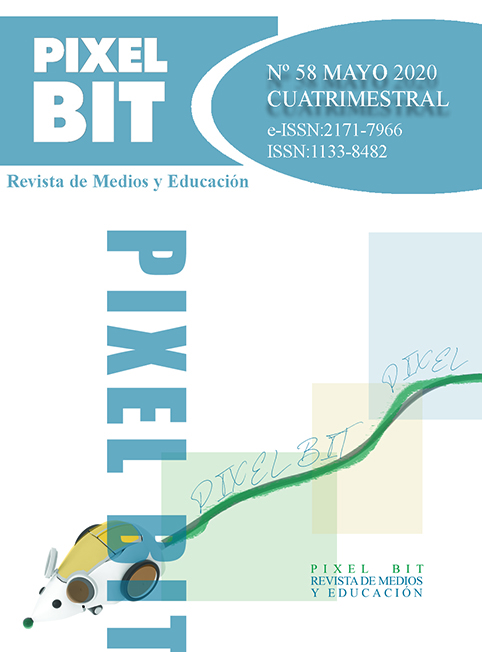Resumen
La sociedad del conocimiento exige una alfabetización mediática para la ciudadanía, que ha de ser crítica y responsable ante la recepción y producción de información. La escuela aborda la competencia mediática como una herramienta clave que aporta los conocimientos, destrezas y actitudes necesarios para ser ciudadanos competentes ante los medios masivos y digitales. En este trabajo se ofrecen los resultados de un estudio con 3.782 estudiantes de entre 9 y 12 años de 7 países, con la intención de diagnosticar su nivel de competencia mediática y poder diseñar estrategias educativas adecuadas a las carencias detectadas. El nivel detectado es medio-bajo en los 7 países, especialmente en los procesos de producción y difusión de contenidos en Internet, relacionados con la seguridad en la Red. Se requieren mayores esfuerzos en Brasil, Ecuador y Perú para mejorar la competencia mediática de sus niños y adolescentes. A partir de los resultados se pone de manifiesto la necesidad de establecer un plan de mejora de las competencias mediáticas de los ciudadanos desde las primeras edades.

